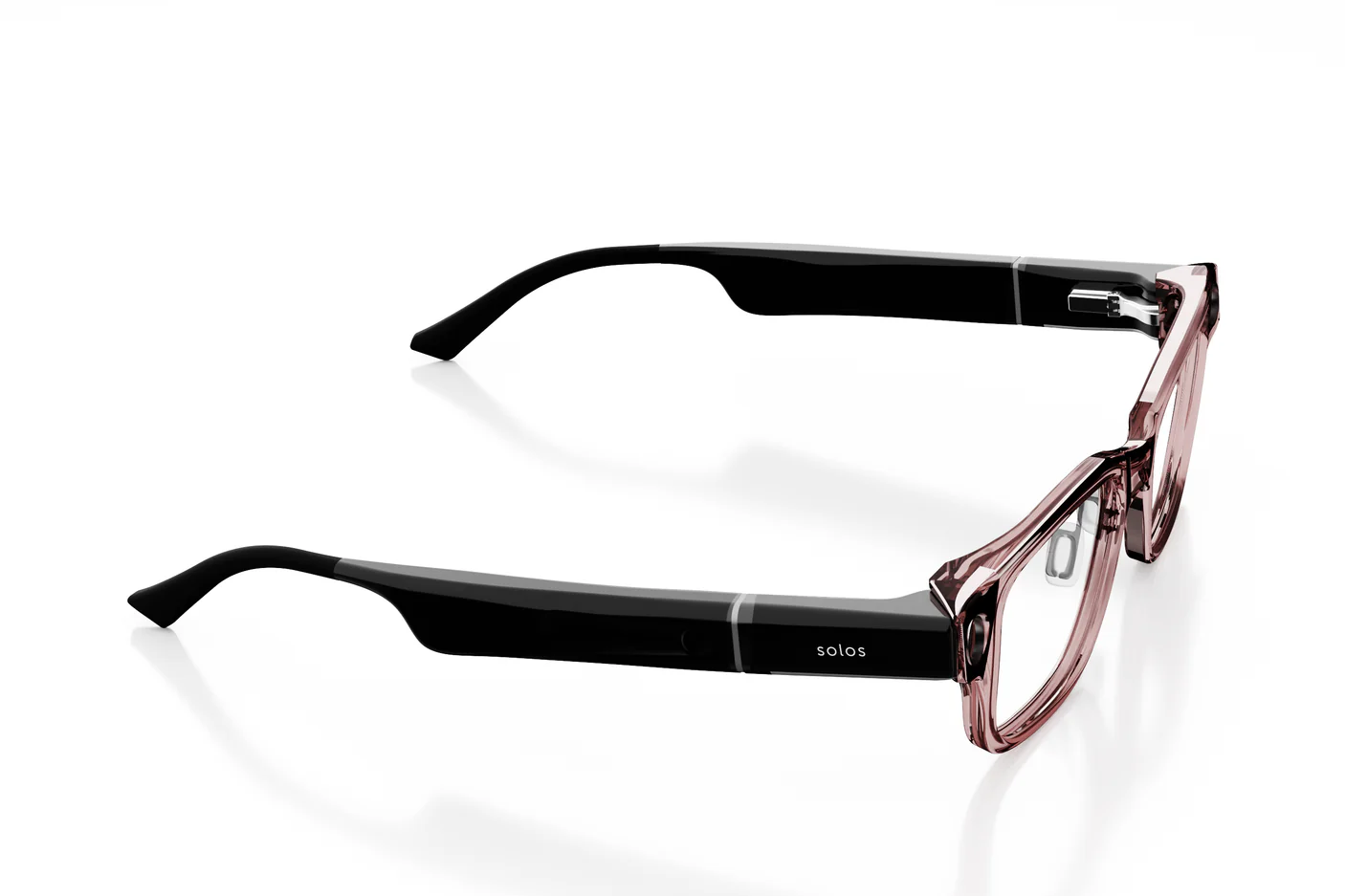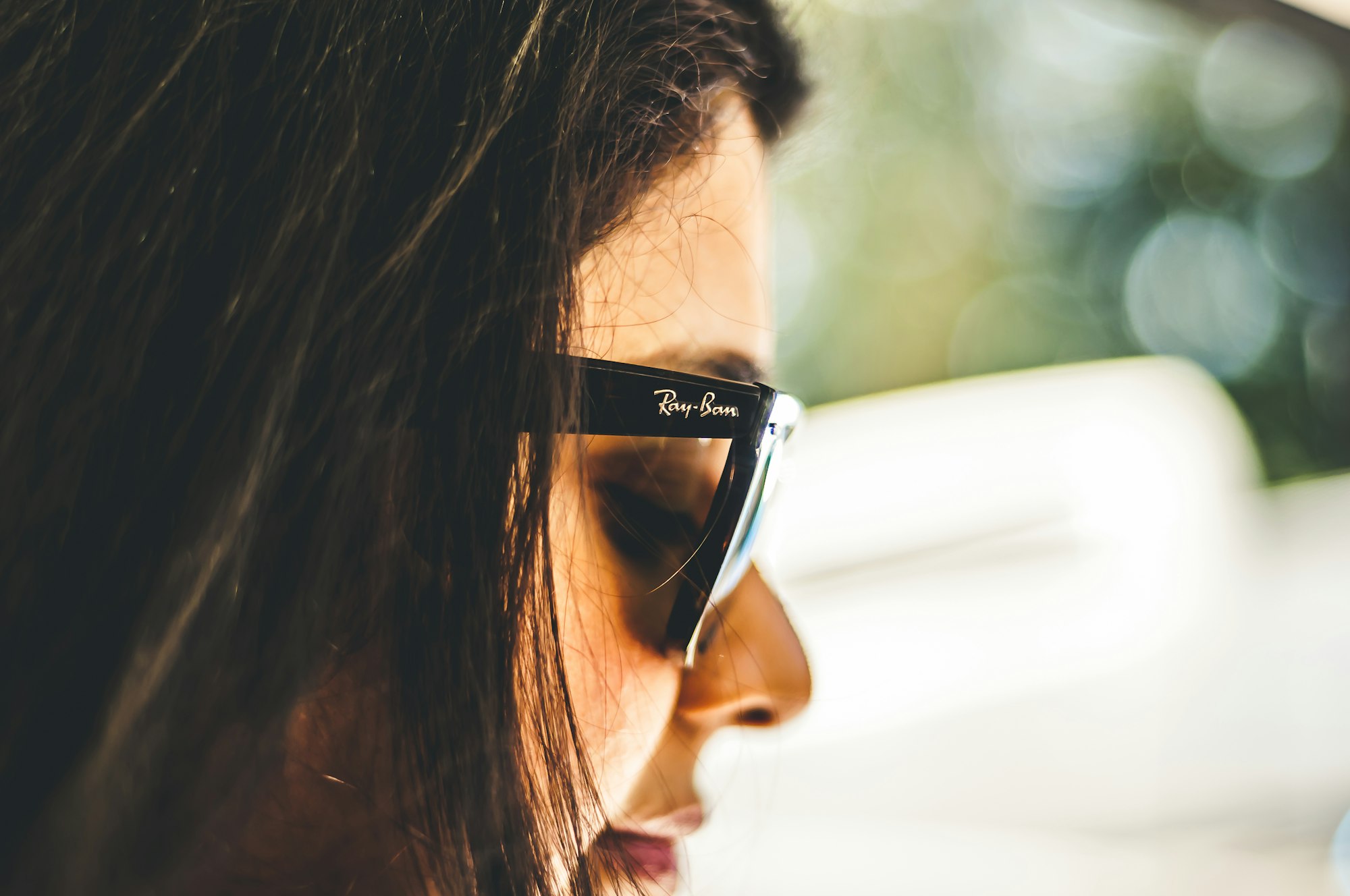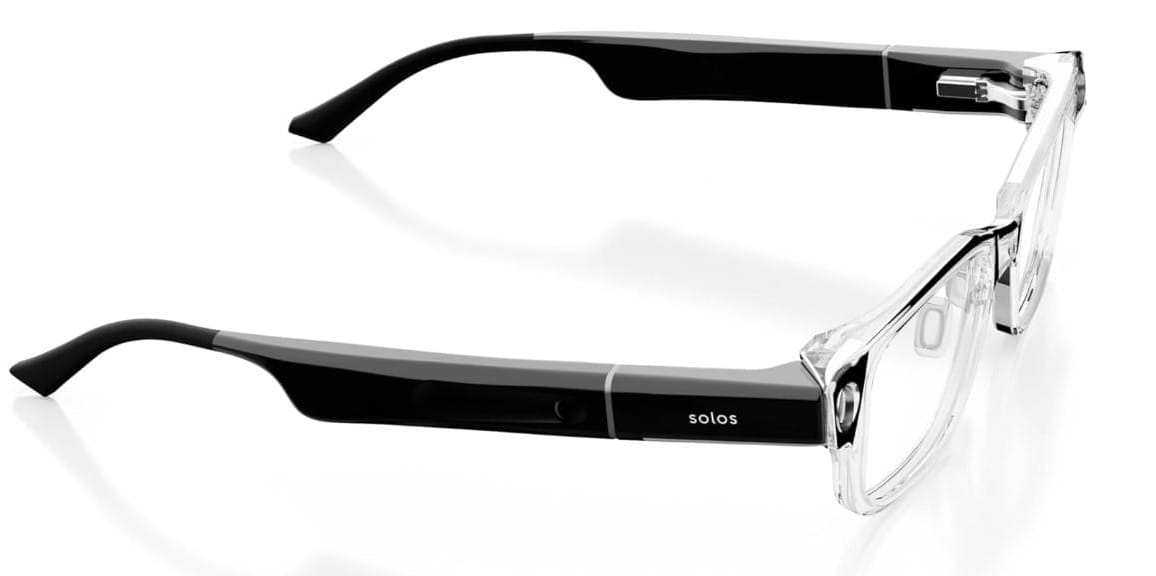Solos AirGo Vision smart glasses take aim at Meta's Ray-Ban
Its impact, though, will likely depend on how well it delivers on its claims and meets the expectations of users.
The smart glasses market has long struggled to balance practicality, affordability, and functionality. From the $1,500 Google Glass to Snap Spectacles, many early attempts failed to meet everyday needs.
Then came Meta’s Ray-Ban glasses, which made strides toward addressing these challenges, introducing lightweight frames and a more accessible $299 starting price. But as competition heats up in this space, a new contender has entered the ring—Hong Kong-based Solos—with its AirGo Vision smart glasses.
At the same $299 starting price as Meta’s Ray-Ban glasses, the AirGo Vision is expected to integrate OpenAI’s GPT-4o model to enable functions like object recognition, text translation, and navigation assistance. Solos further suggests that these glasses can also provide contextual information in real time, answering questions like, “What am I looking at?” or “Translate this sign to English.”

Beyond GPT-4o, the AirGo Vision glasses also support other AI frameworks, including Google Gemini and Anthropic’s Claude, creating an ecosystem that potentially allows for greater personalization.
One of the key features, though, as highlighted by Solos is the glasses modular design. Unlike many competitors, the AirGo Vision offers swappable frames that let users switch between a camera-equipped variant and a standard frame. This approach, according to Solos co-founder Kenneth Fan, is meant to give users more control over their experience.
Furthermore, the AirGo Vision introduces more options for style and customization, with two frame designs—Krypton 1, which features a larger square frame, and Krypton 2, a slimmer alternative. Buyers can choose from seven color options and configurations that start at $149 for the frame-only version, $299 for the camera-equipped option, or $349 for a full kit that includes both frame types.

At 42 grams, they’re lighter than Meta’s 51-gram Ray-Ban glasses, making them a likely go-to for people looking for comfortable fit for extended use.
In terms of functionality, Solos claims the AirGo Vision supports up to 2,500 AI interactions per charge, which could translate to all-day use in typical scenarios. It also comes with an "Always-On" mode that is expected to keep the AI active even when the app is closed.
Now available on Solos’ website and Amazon, the AirGo Vision steps into a competitive market, offering a privacy-first approach and modular design that could set it apart—at least for now, as industry giants like Samsung and Apple are rumored to join the fray in 2025.
Its impact, though, will likely depend on how well it delivers on its claims and meets the expectations of users.








